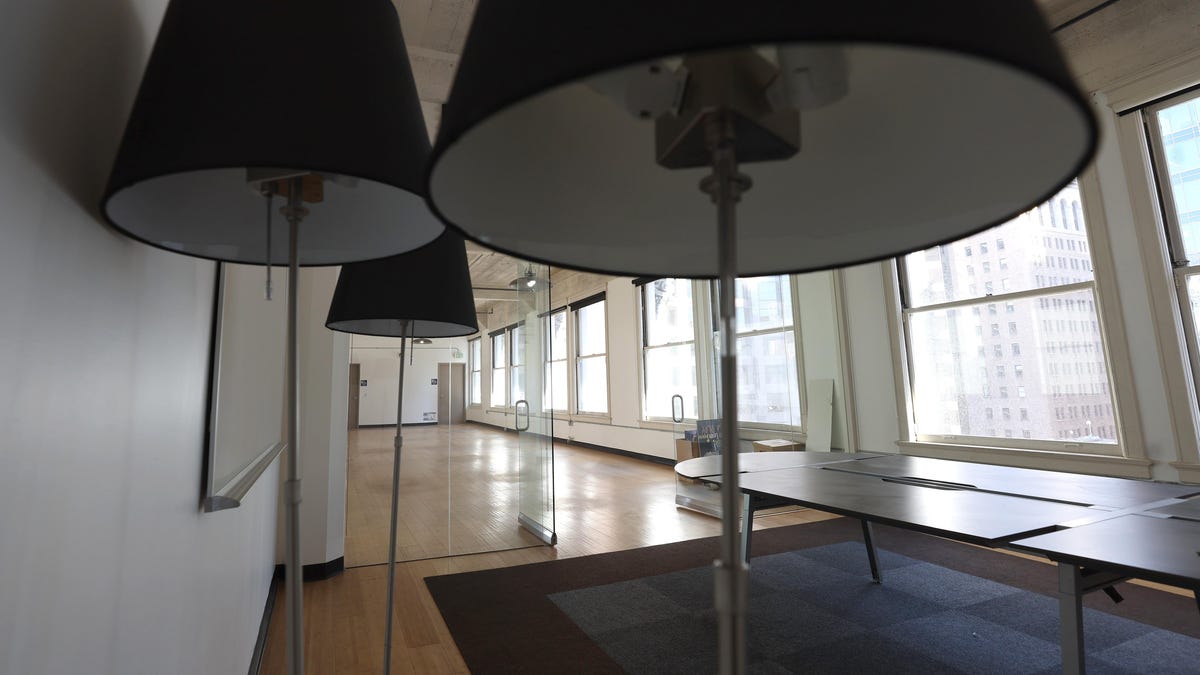The Impact of Tech Layoffs on the Office Market
As tech companies navigate through layoffs and restructuring in recent months, the repercussions are also being felt in the office market. The surge of expansions that occurred at the onset of the Covid-19 pandemic has now led to a recalibration, necessitating a reassessment of real estate needs.
Big Tech Downsizing Real Estate Presence
The Wall Street Journal reports that major tech giants such as Google, Amazon, Meta, and Salesforce are actively reducing their real estate footprints. This downsizing manifests in various forms, including subleasing office space and halting new construction projects. In its most recent annual report, Alphabet revealed significant expenditure on lease exit charges in a bid to optimize its global office portfolio.
Commercial Real Estate Vacancies
Despite the gradual transition from remote work to in-person office setups, commercial real estate vacancies remain notably high. Tech companies, once dominant players in real estate markets across various cities, now contribute significantly to the surplus of available space.
SL Green Realty Corp CEO Marc Holliday is cautiously optimistic about a potential resurgence in the tech real estate sector, pointing to the burgeoning artificial intelligence industry as a possible catalyst. At a recent Citi real estate conference, Holliday remarked on the anticipated impact of AI on tech market rejuvenation, foreseeing a shift in demand dynamics.
The Role of Artificial Intelligence
The artificial intelligence sector has emerged as a promising contender in driving tech real estate recovery. In San Francisco, AI companies have substantially expanded their office presence, with square footage more than doubling from 2019 to the present year. However, despite this growth, the office-vacancy rate has soared to unprecedented levels, signaling ongoing challenges in the commercial real estate landscape.
As the tech industry adapts to evolving work dynamics and market conditions, the interplay between technological innovation and real estate trends continues to shape the future of office spaces in urban hubs.
Image/Photo credit: source url





